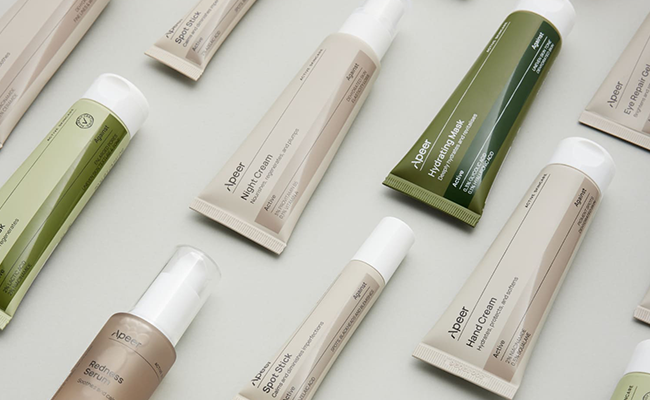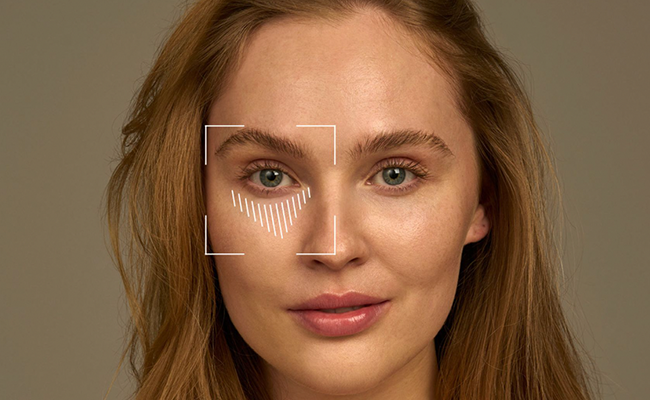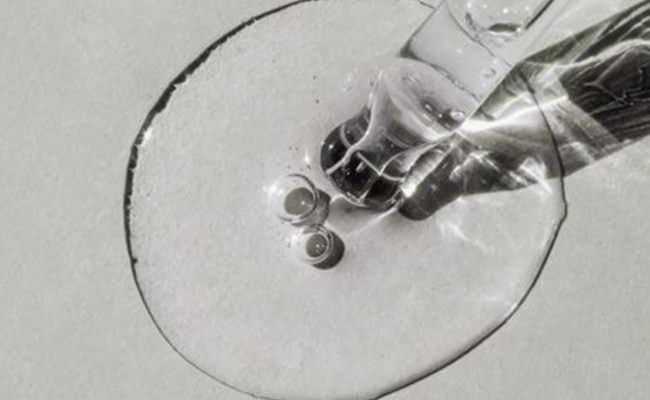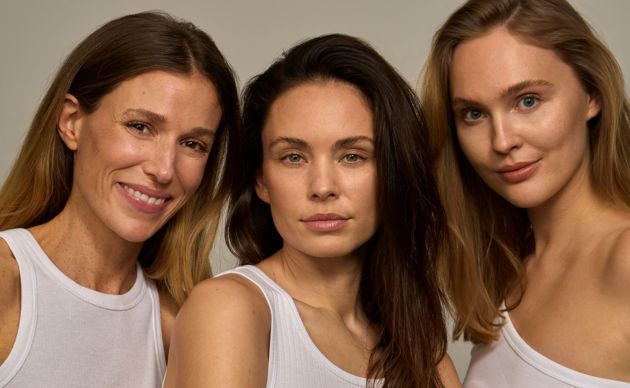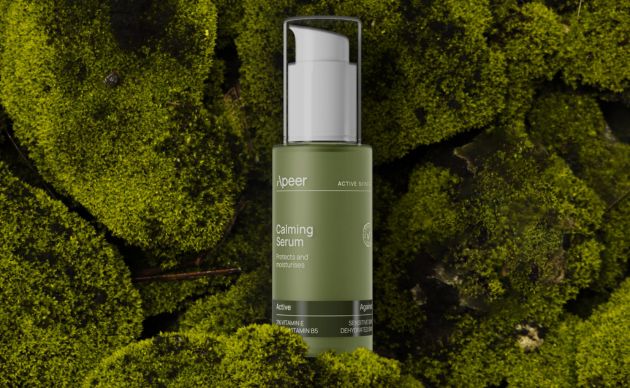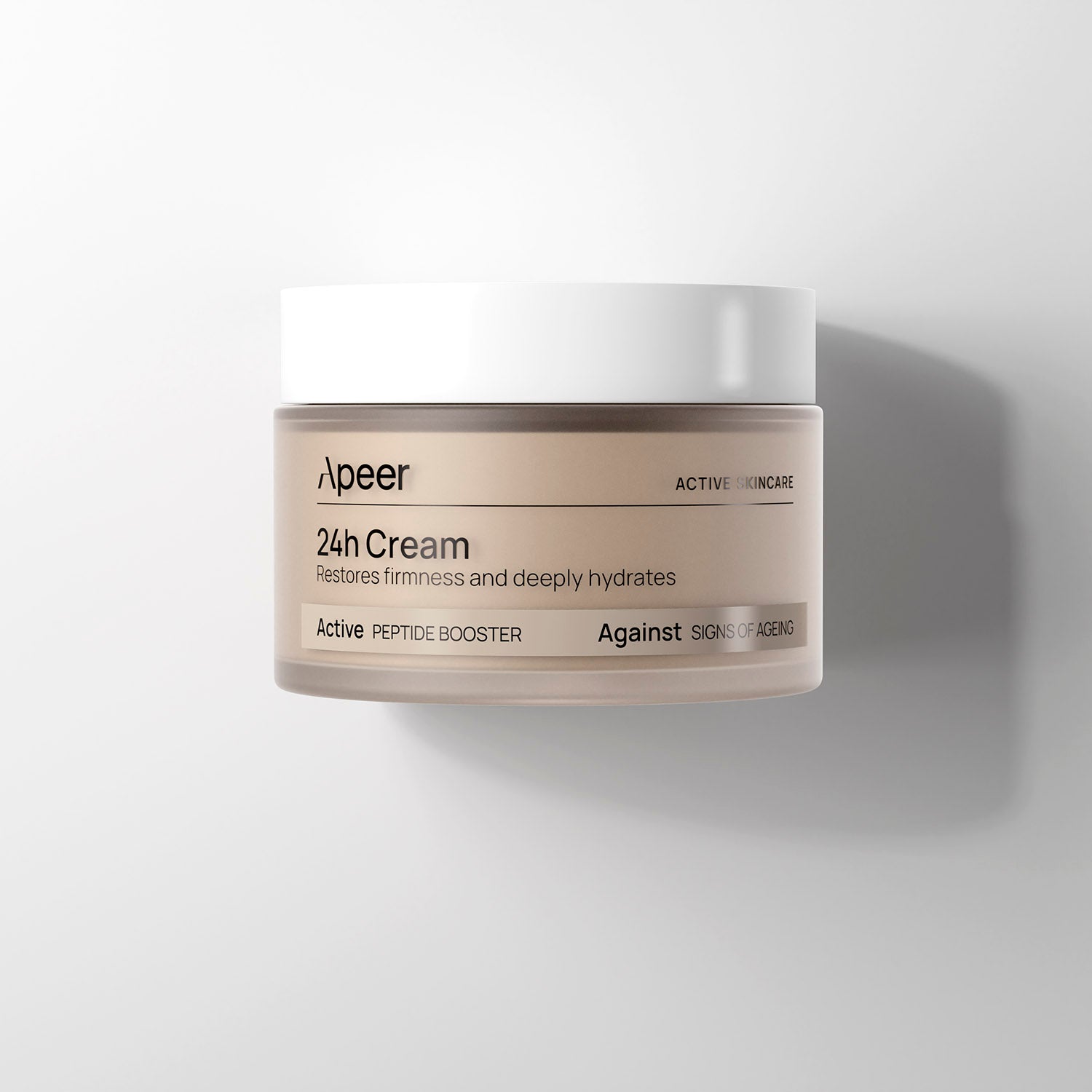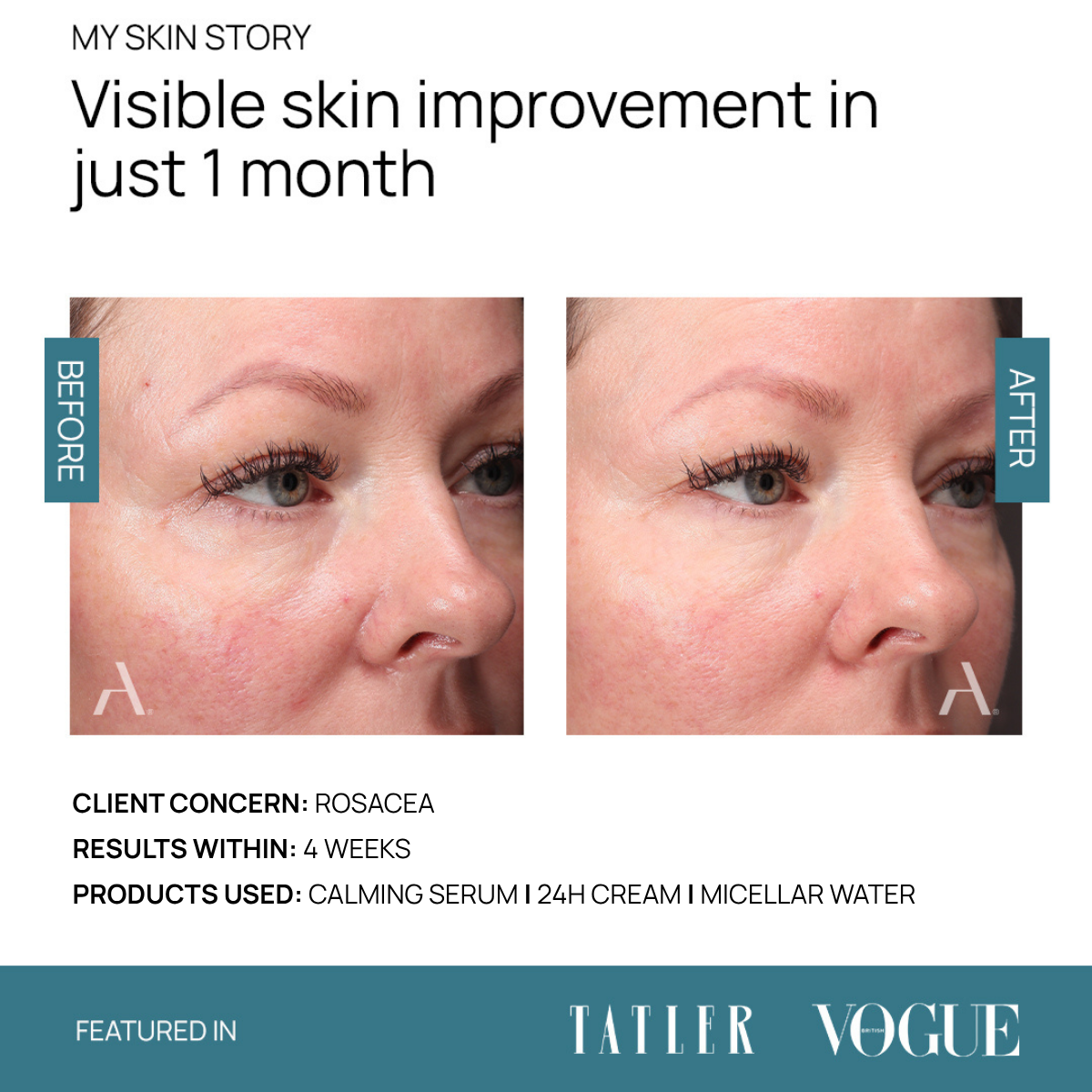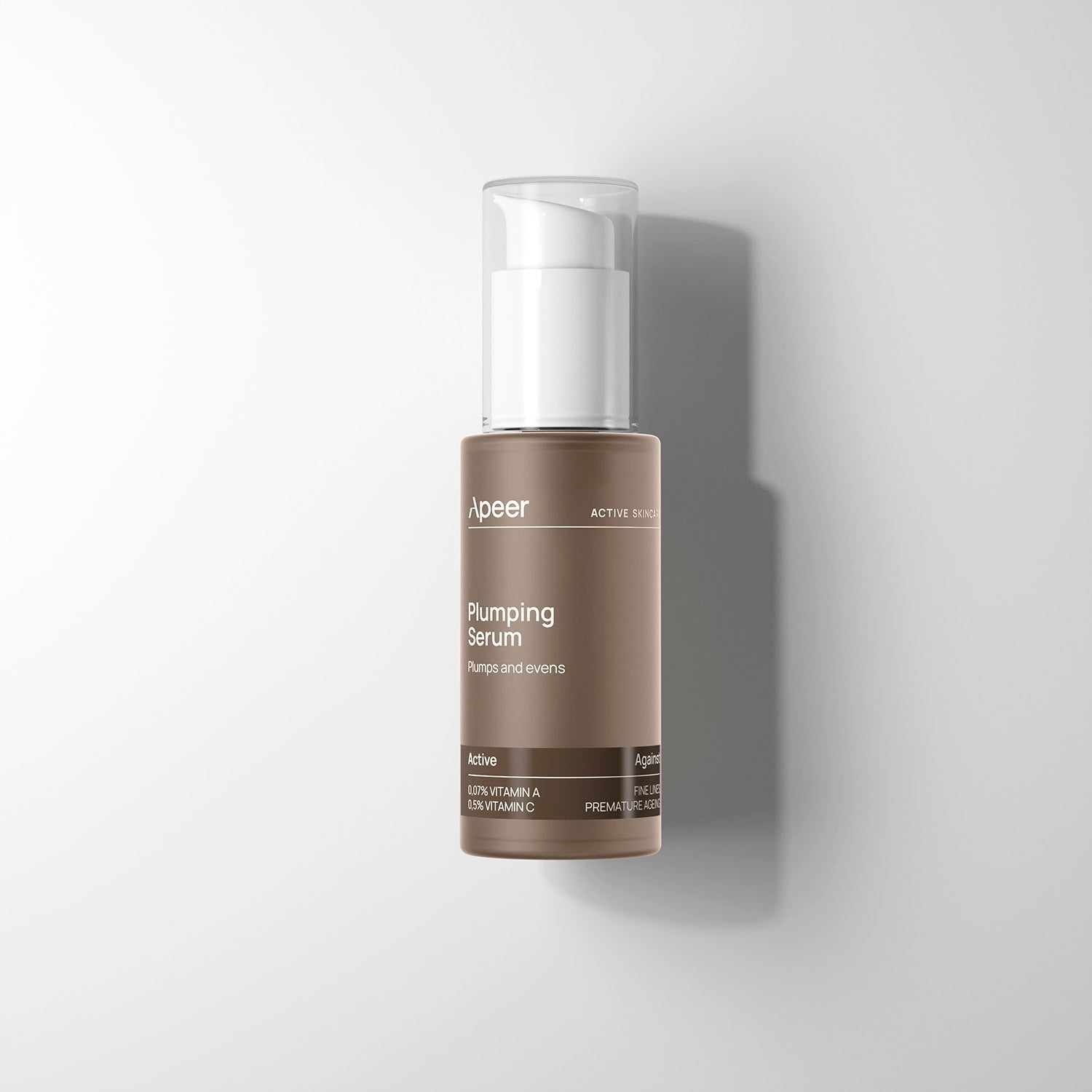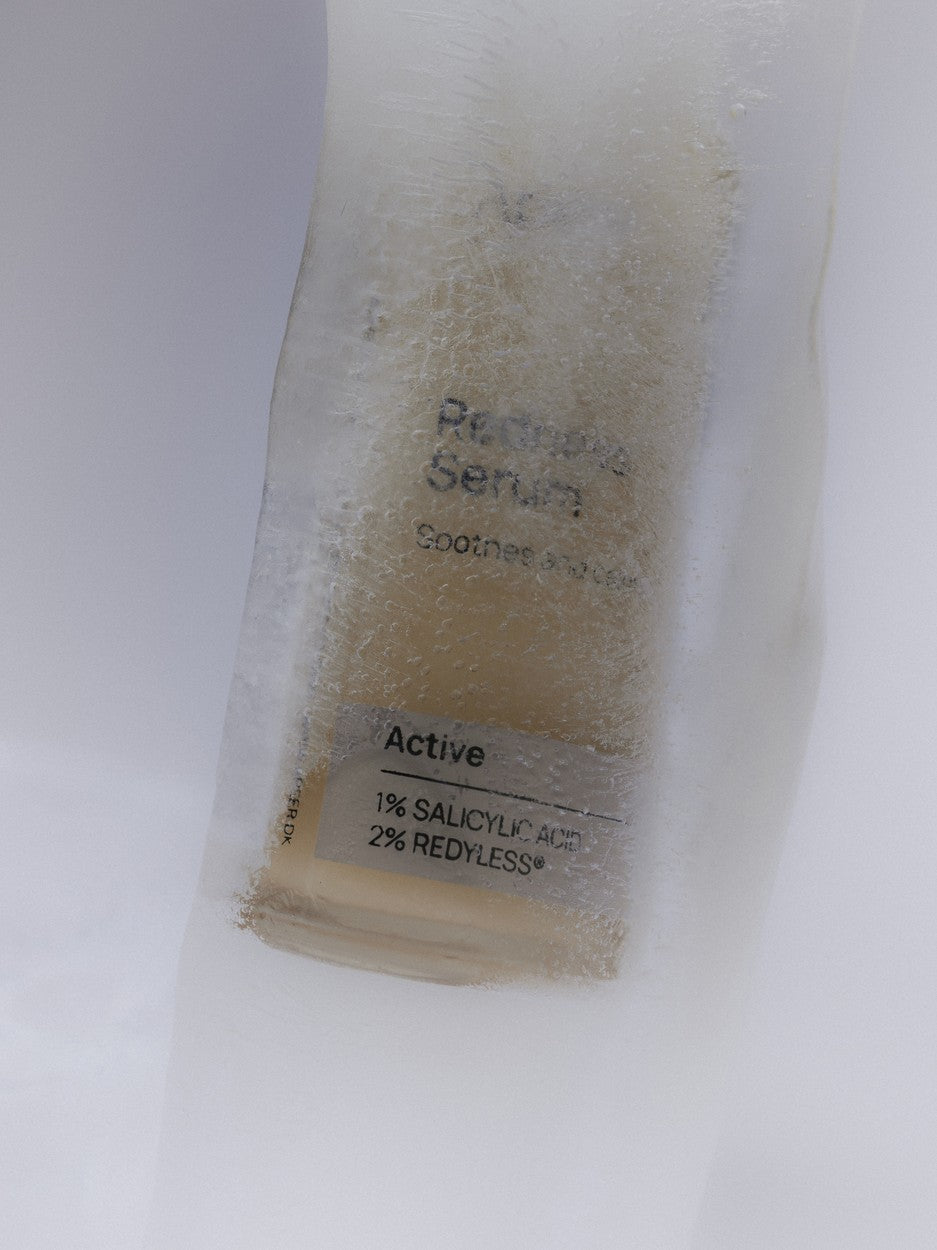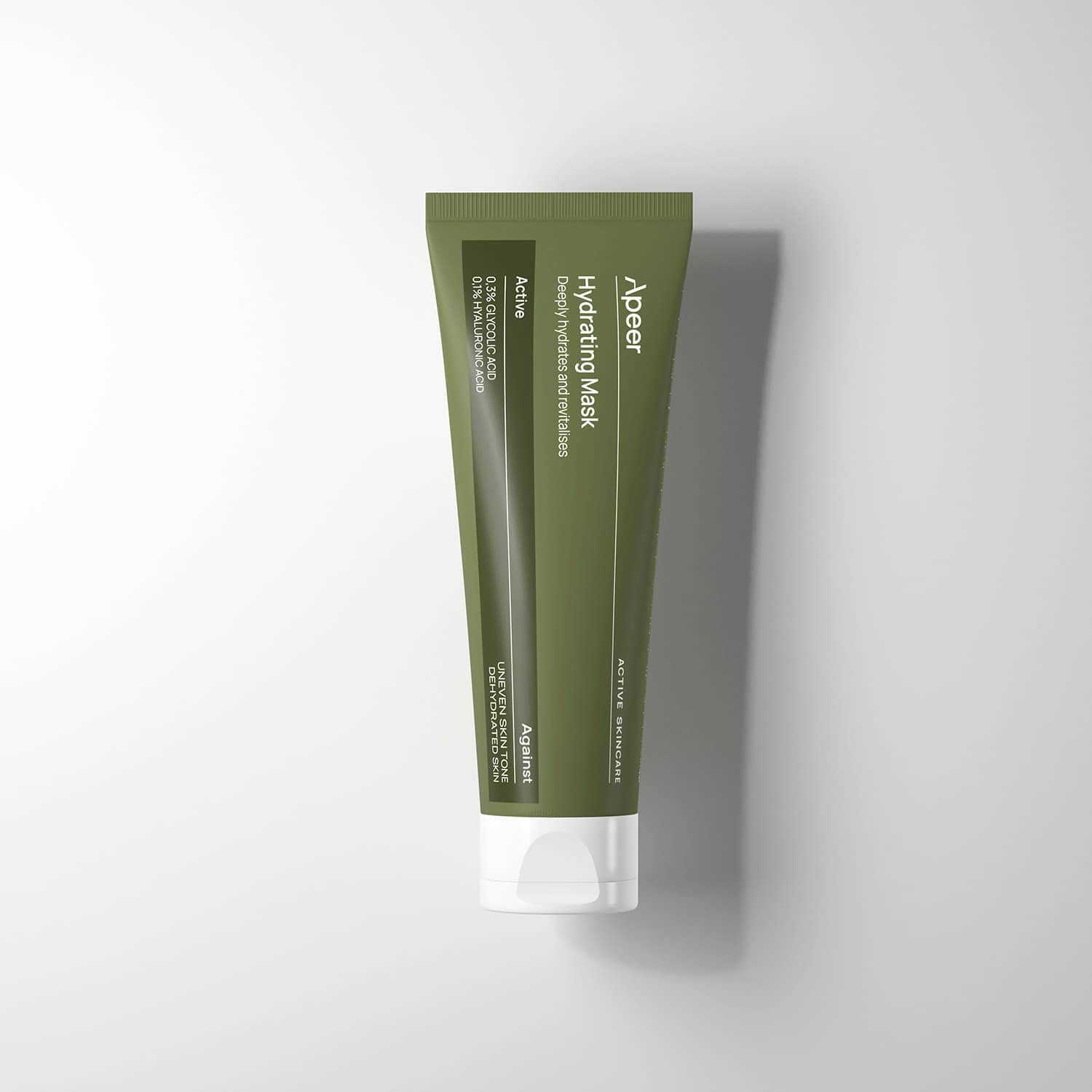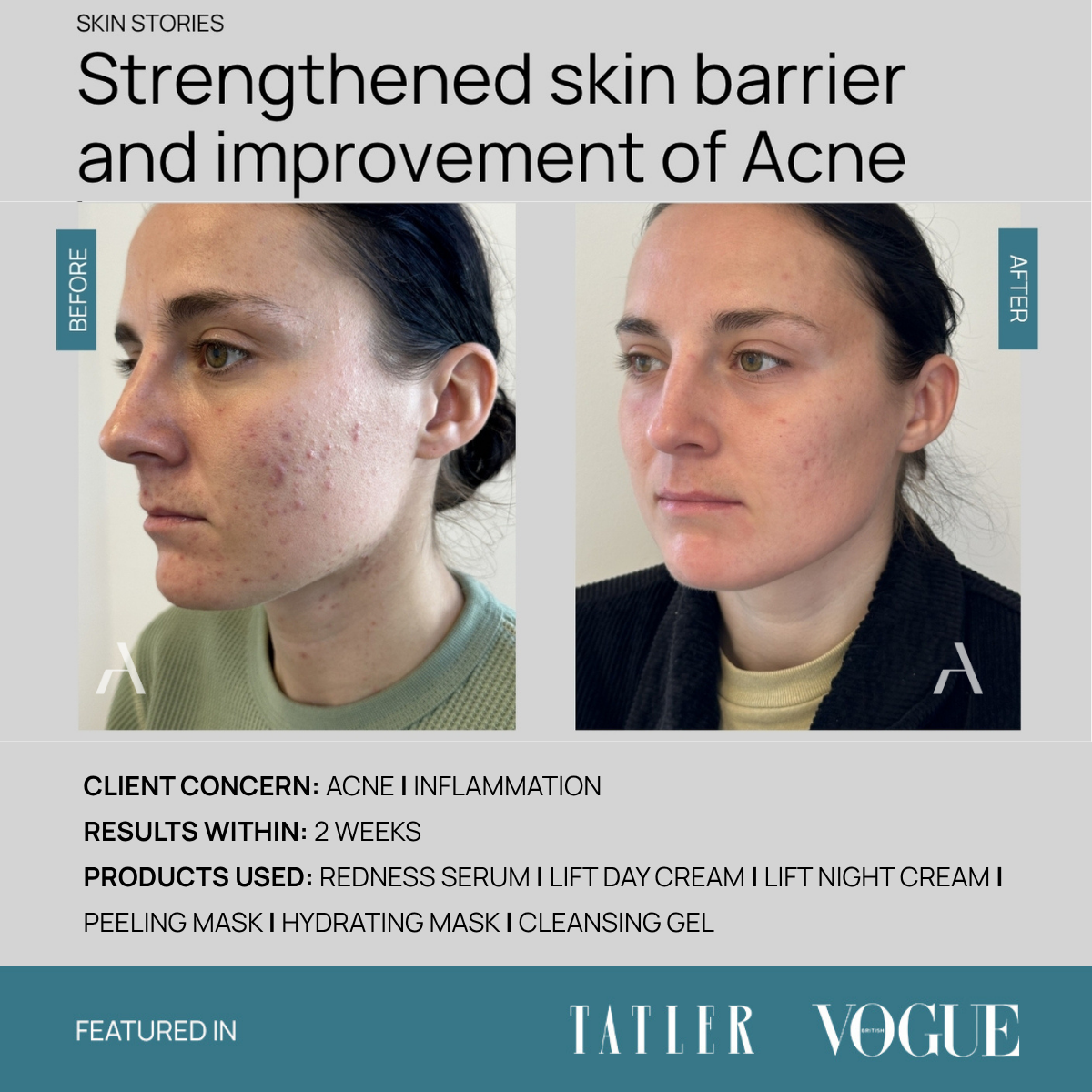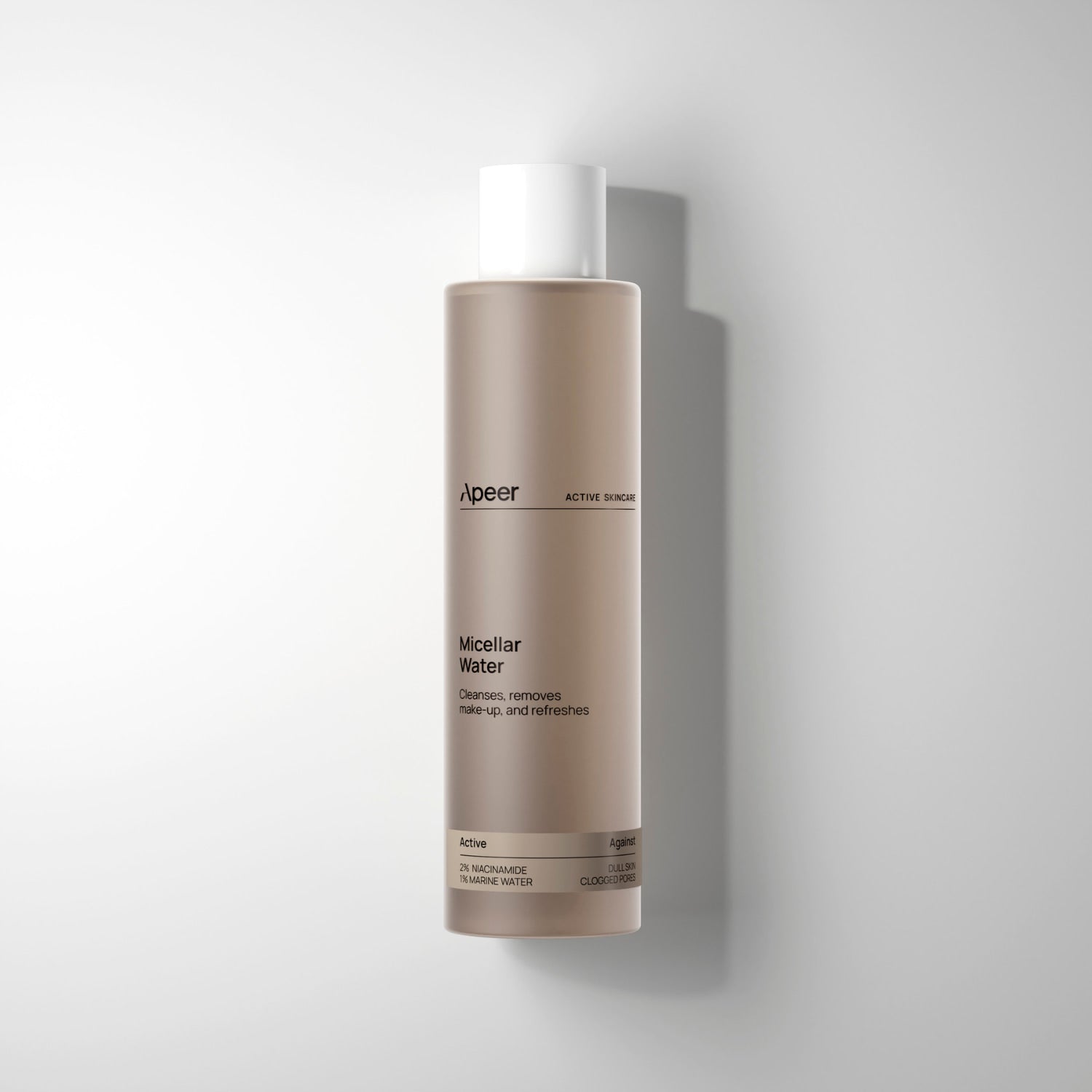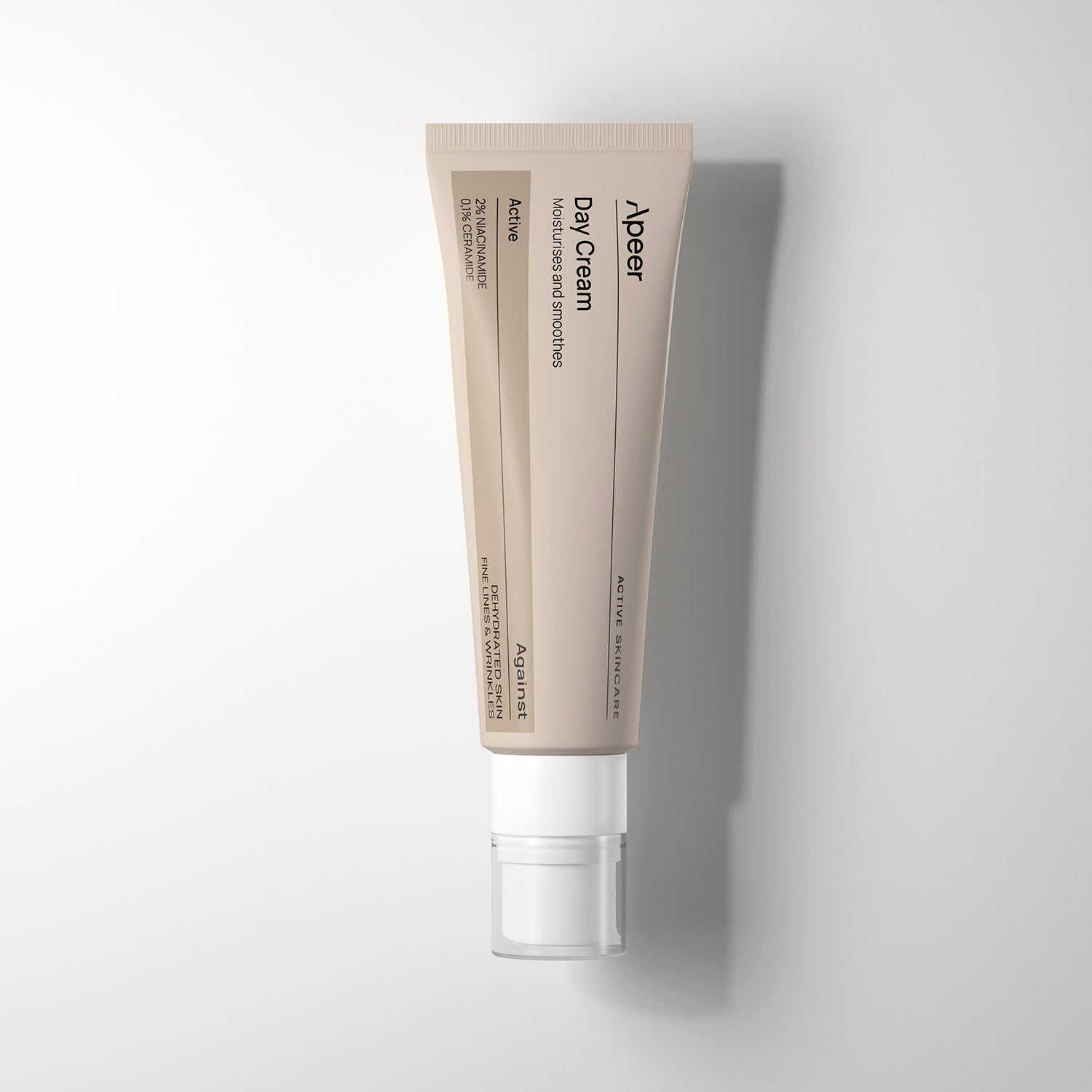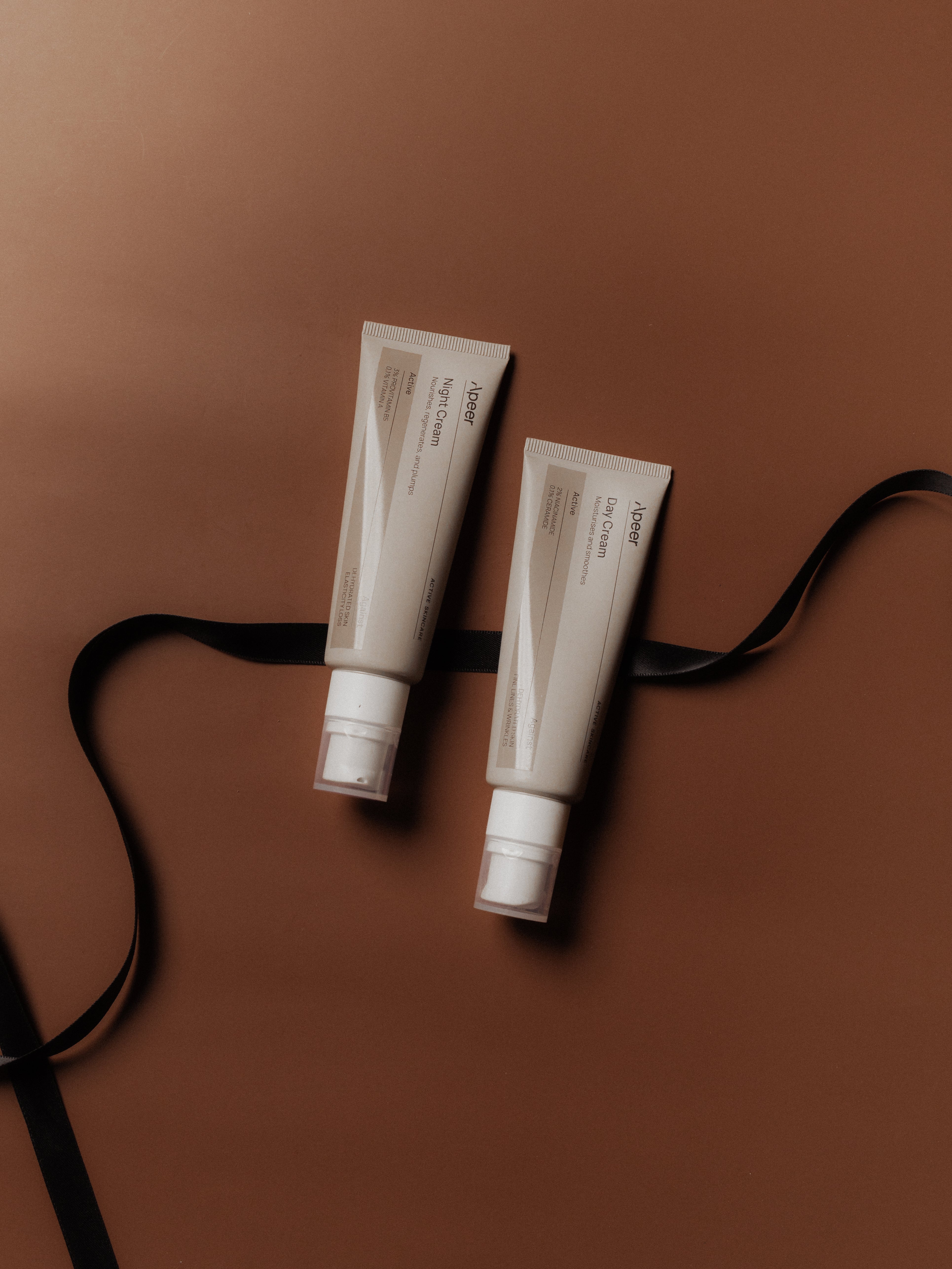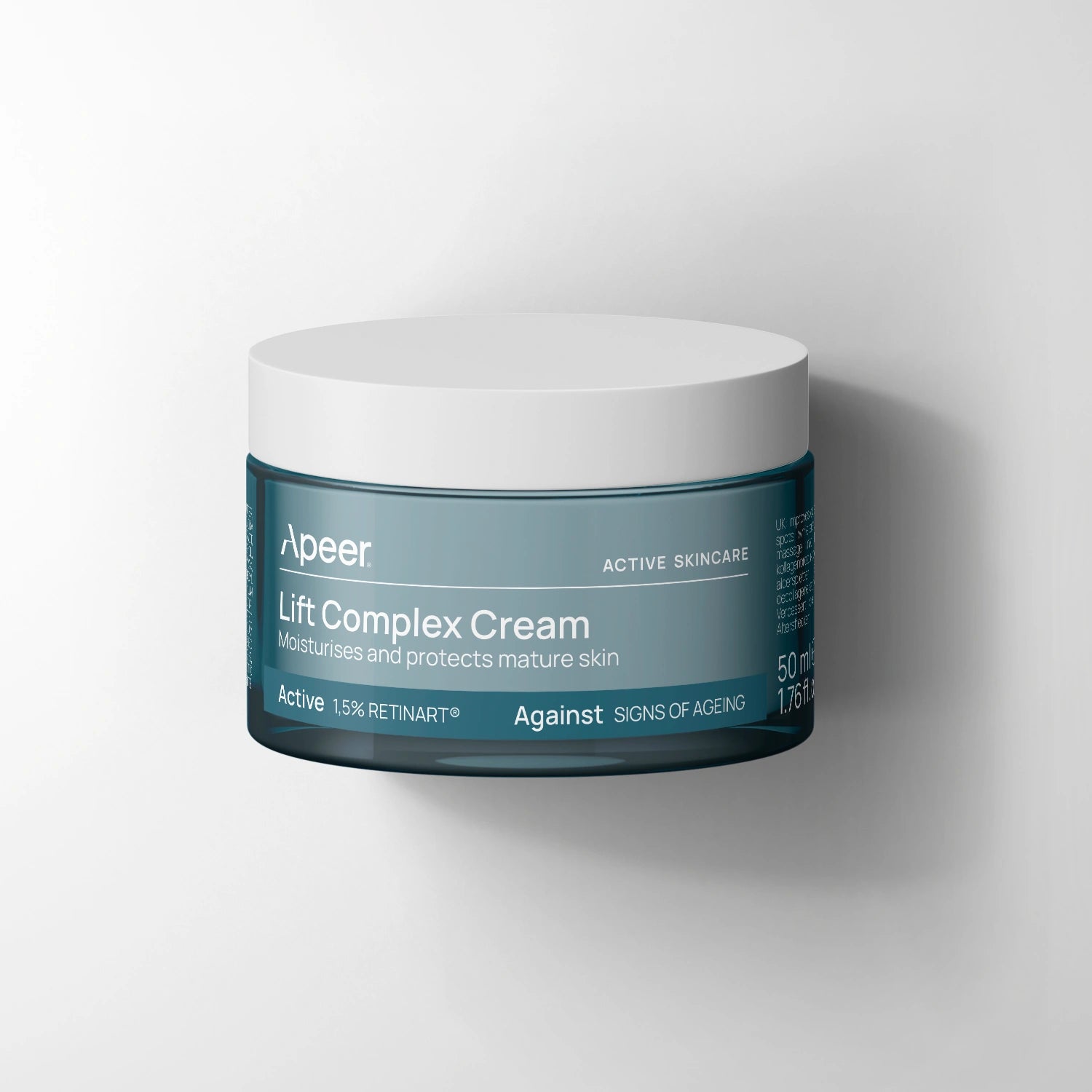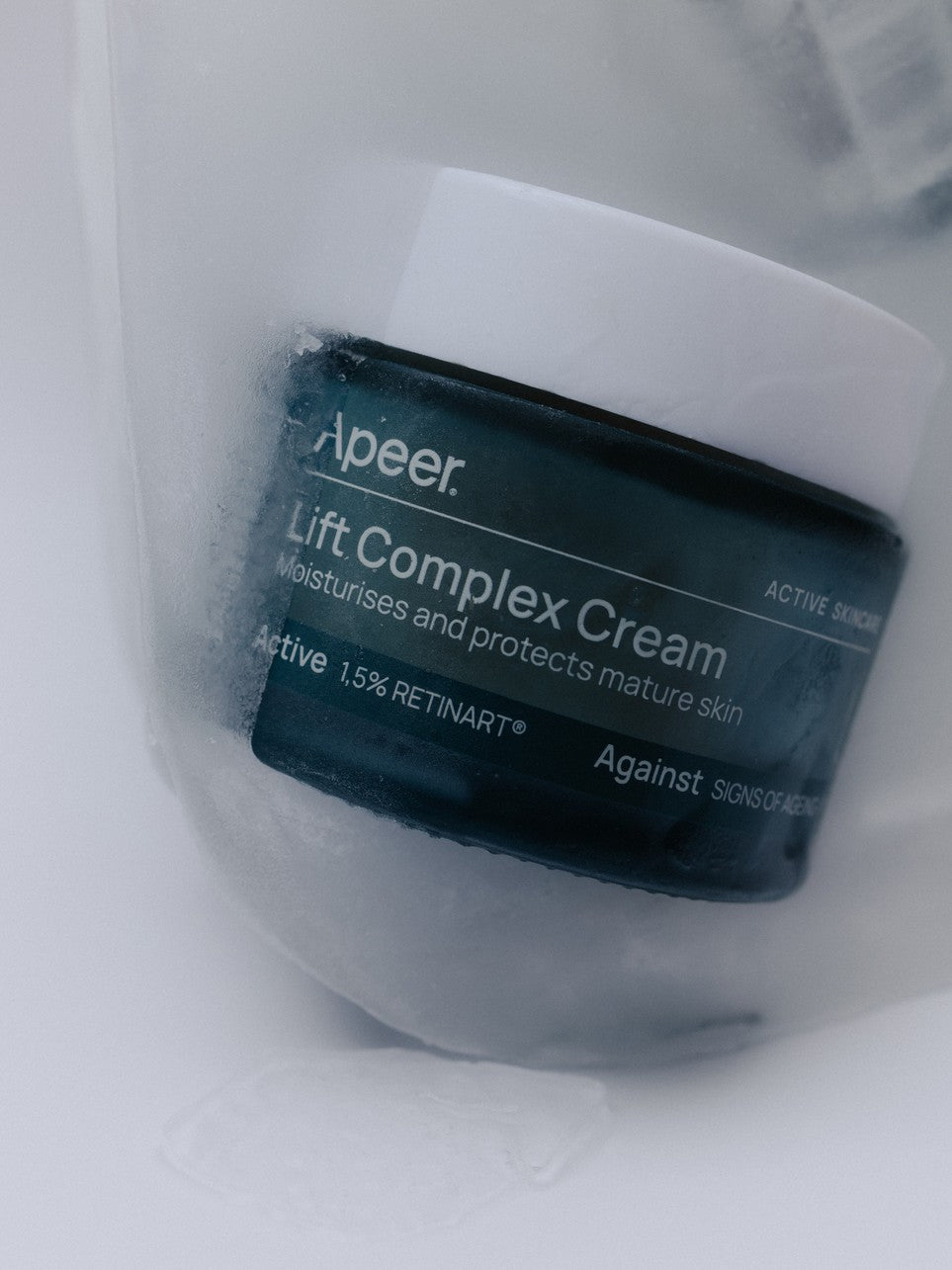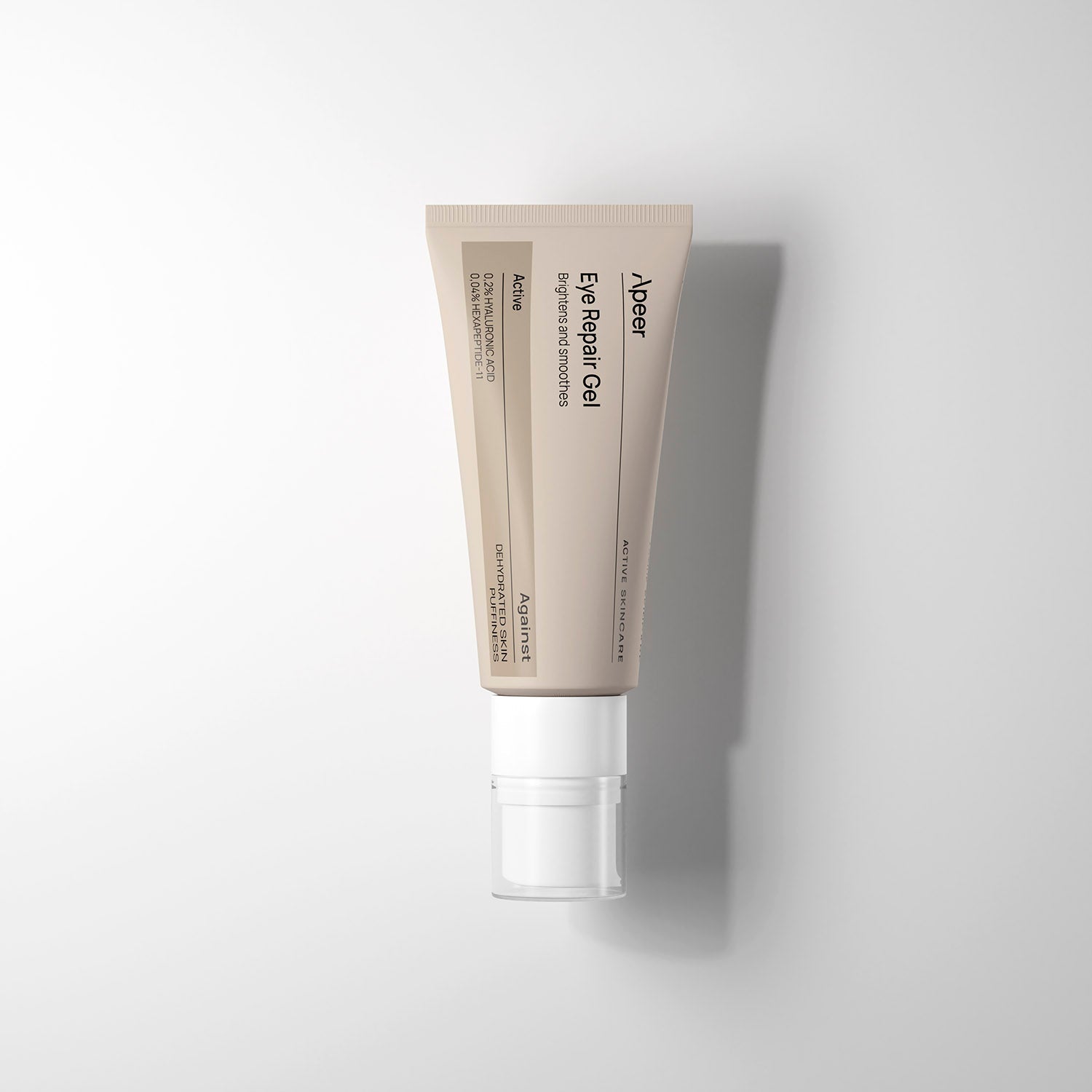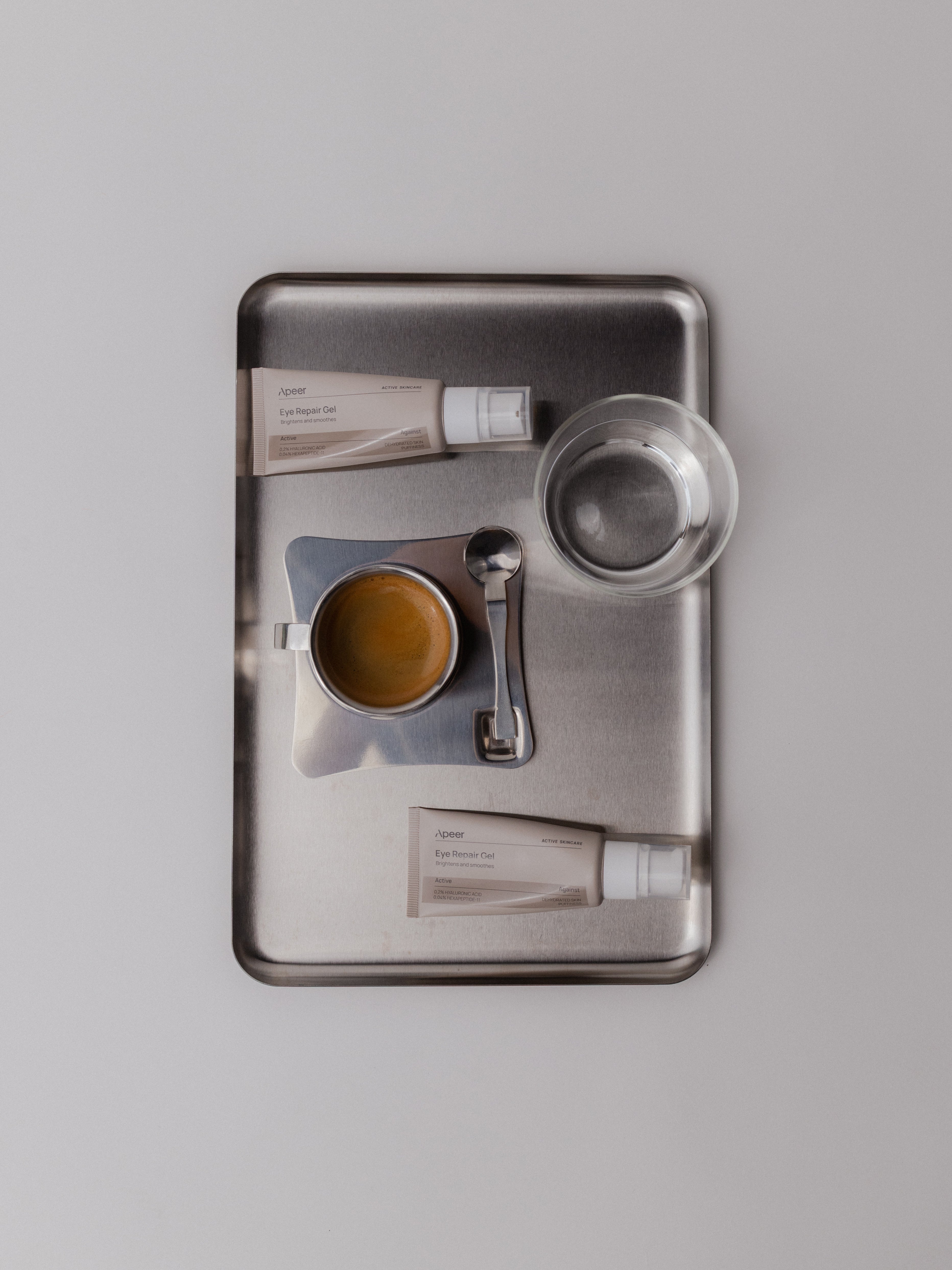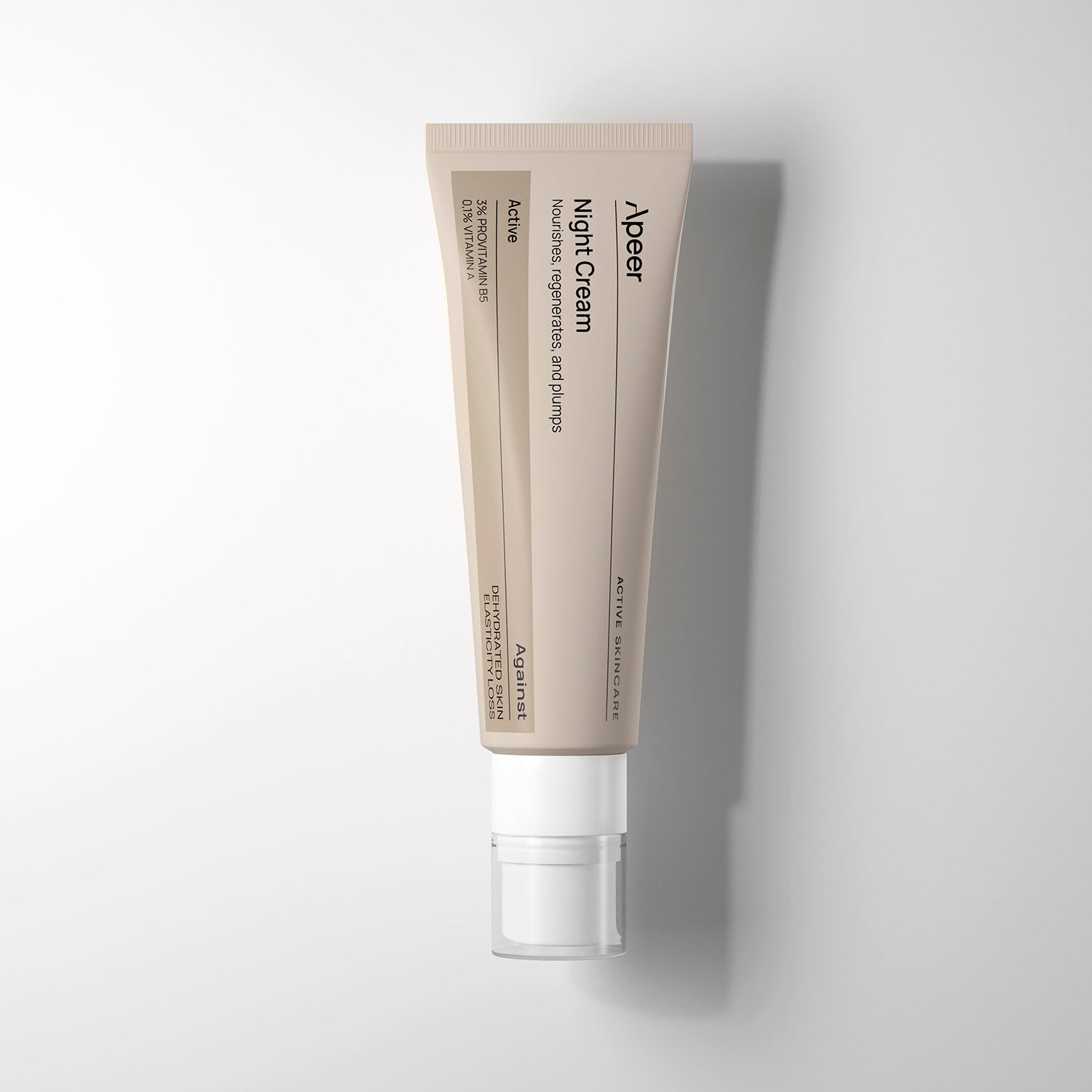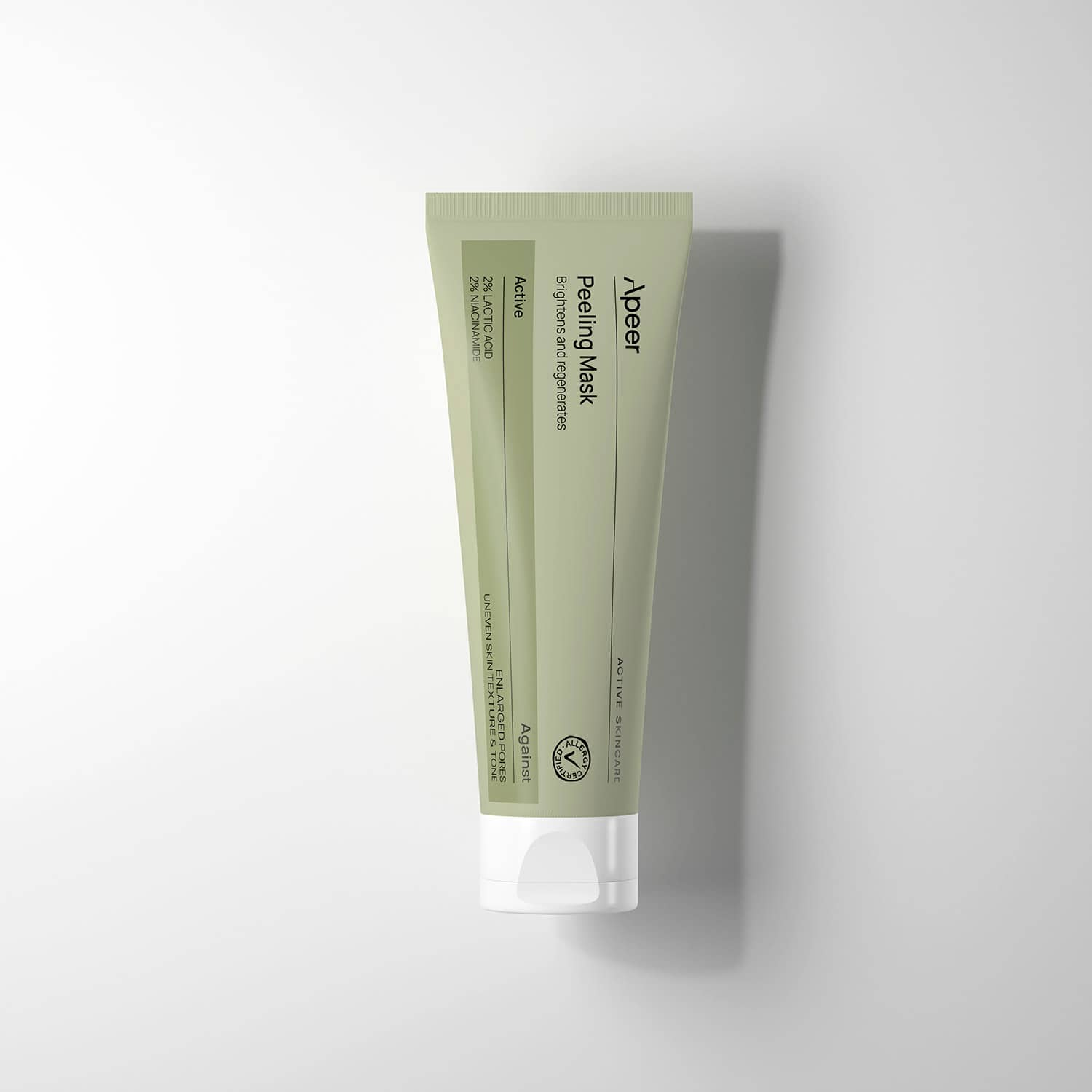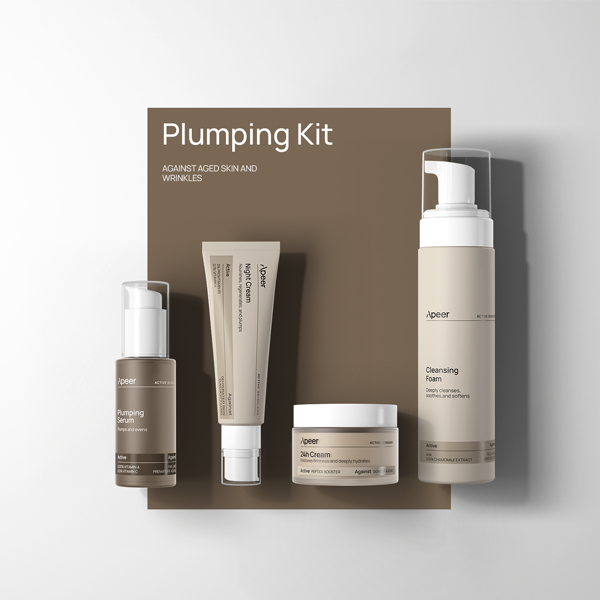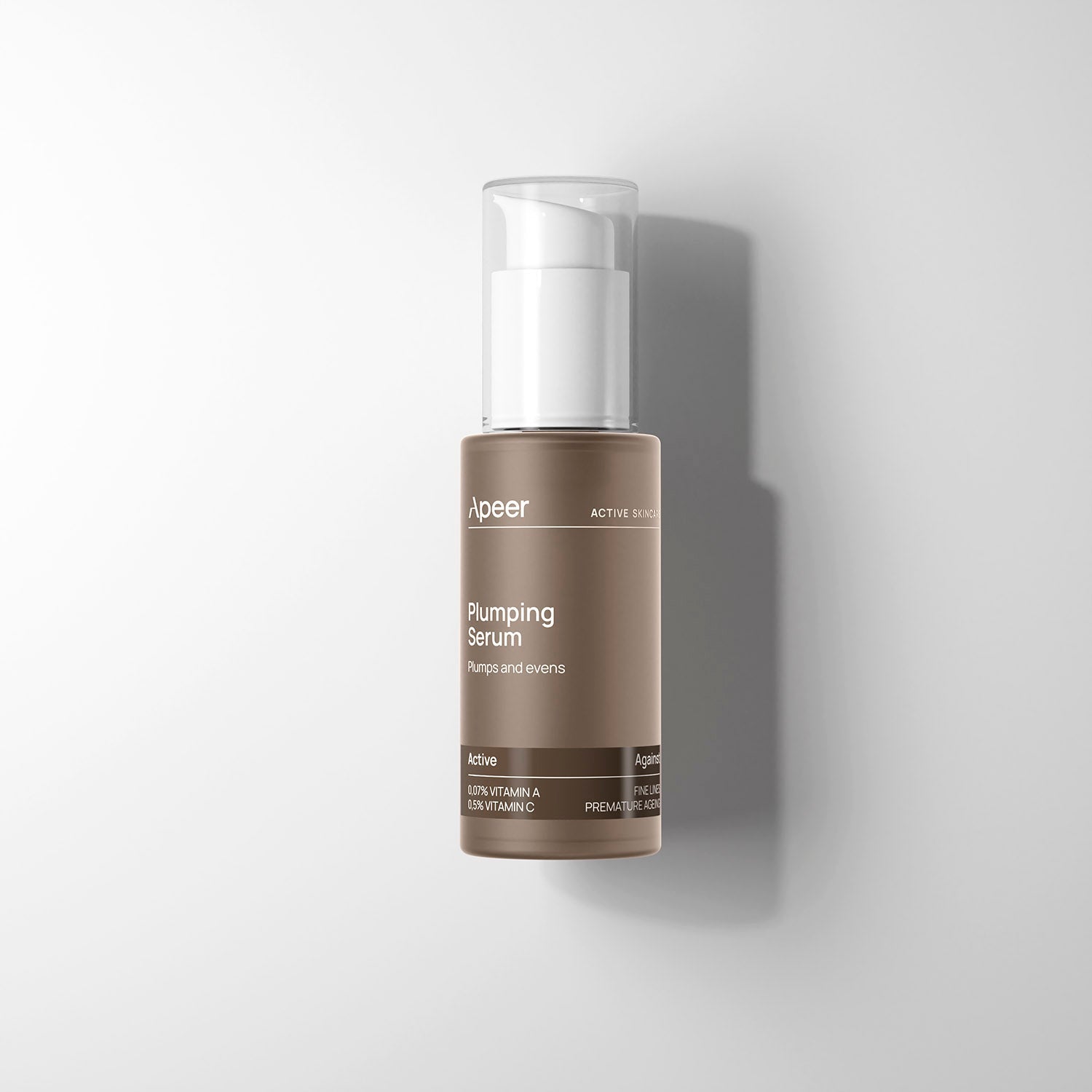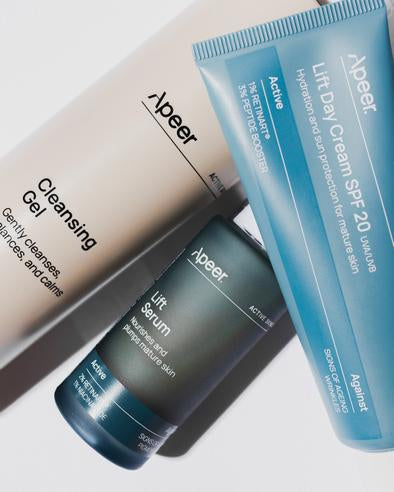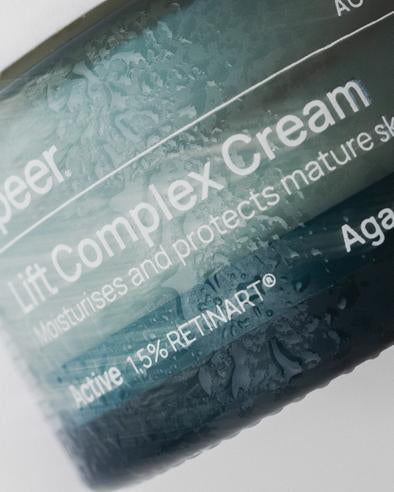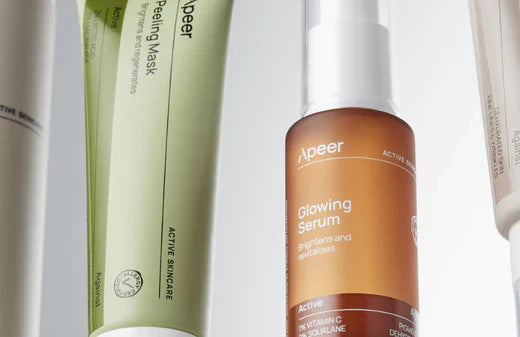Embrace yourself and your ageing skin
Our skin changes over time. As we grow older, we know that our skin naturally alternates its appearance, making fine lines and wrinkles our new reality. Signs of aged skin are not only related to us growing older, but genetics and lifestyle also influence the age of our skin. We want to help you feel and appear your best all day, every day, starting by introducing you to our skincare for aged skin.
Active
Against
Glycolic Acid
Uneven skin tone
Hyaluronic Acid
Dehydrated skin

How to care for aged skin
01. Vitamin A
Over time your skin becomes less firm and loses its elasticity. Vitamin A is an effective ingredient for bringing back the plumpness in the skin, making it and it one of the very best ingredients to help nurture aged skin. Vitamin A regenerates new skin cells, which gives the skin a smoother and firmer feel. So, if you are longing for smoother and healthier skin, Vitamin A is a great place to start.
How to care for aged skin
02. Exfoliate
Weekly exfoliating is very beneficial for most skin types, particularly ageing skin. Exfoliating is important, if you wish to reduce the appearance of fine lines and wrinkles. An effective exfoliant with active ingredients helps penetrate the skin’s deeper layer and promote new skin cells. A weekly treat with our Peeling Mask gives smoother and brighter skin and improves fine lines and wrinkles that naturally occurs in aged skin.
How to care for aged skin
03. Moisture is key
Aged skin is weak at retaining moisture. It becomes less good at regenerating itself and the moisture balance is lower. Preventing the skin from getting dehydrated, moisture is the key to aged skin. Introducing a good moisturizer to your skincare routine ensures your skin is kept plumped and fresh. Moisture also helps the skin to maintain its elasticity and firmness.
FAQ – Aged skin
Ageing skin is a natural change that appears in our skin as time flies, and we get older. Aged skin appears different on every skin type, but there are some characteristics you can look for in order to determine if your skin concern is aged skin.
Aged skin? Look after these signs:
- Fine lines or wrinkles
- Loss of elasticity
- Dry skin
- Thin skin
To prevent premature ageing, you must take care of your skin even before any signs of ageing occurs. One way to take care of your skin is to build a nurturing and consistent skincare routine. Ensure you include products that are formulated to protect your skin from early ageing. Daily cleansing to remove dirt and weekly exfoliating to help regenerate new skin are two caring steps to prevent premature ageing. As a final step always remember to moisturise.
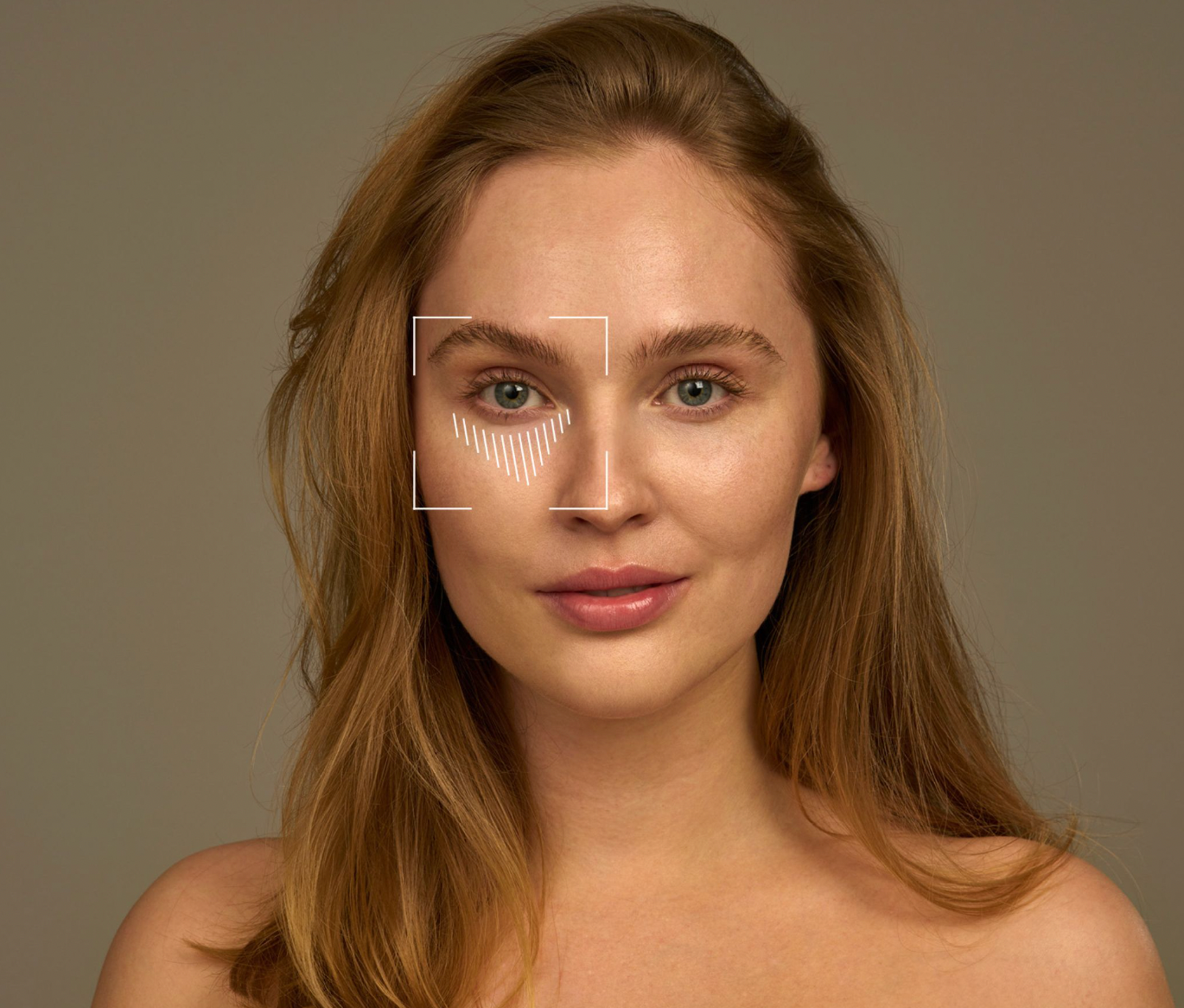

WE KNOW SKIN
Start AI-skin analysis
Knowing your skin is the baseline for all skin care advice following. Get to know your skin.
Active science
Each formula uses the best from green chemistry and uses a fusion of super actives and superfood ingredients.
Ageing skin
Mature skin tends to show signs of aging such as wrinkles, loss of elasticity, and dryness. Taking care of mature skin often focuses on anti-aging ingredients like hyaluronic acid and retinol to reduce wrinkles and preserve skin firmness. Intensive hydration is also important to maintain the skin's moisture balance.

